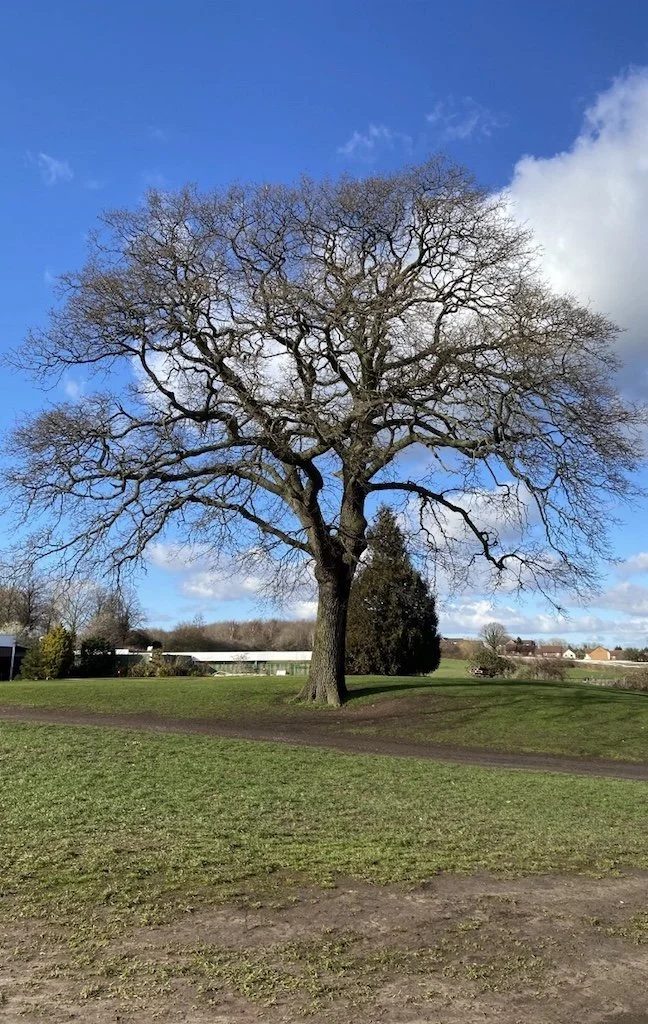What is your relationship with endings?
Endings are part of the many transitions we go through in life. Whether it’s a redundancy, a retirement, a job change, relocation, a marriage, a divorce, a war, political unrest, a birth or the death of a loved one. All of those experiences signal endings.
I am writing this blog while on a visit with my daughter, with the knowledge that our special quality time together will shortly come to an end when I fly back home.
Endings are sometimes big or small. No matter the size or significance, we rarely stop to explore our relationship with endings, or take a moment to pause and reflect on whether we want to change that relationship we have with endings.
“It is always important to know when something has reached its end. Closing circles, shutting doors, finishing chapters, it doesn't matter what we call it; what matters is to leave in the past those moments in life that are over.”
-Paulo Coelho, a Brazilian lyricist & novelist.
On reflection I realised that my relationship with endings has changed over time. At first I was reacting from my past childhood family situation and the many abrupt endings that I have experienced growing up. I recollect that during that distant past the importance of endings was minimised. There was no time or space made available to reflect, process or learn. It was about survival and moving forward.
In contrast, nowadays I take my time with endings and recognise their importance. I sit with the pain and discomfort that sometimes comes with certain endings. I allow myself to grieve the loss so I can make space for what is to come, to say goodbye to the old so I can have the capacity to welcome and be present with the new. Embracing endings helps me saviour the present moment.
How we end can impact how we begin. So spending sometime reflecting on how we cope with endings and becoming aware of the mind-set we carry in relation to endings can be helpful. Do you perhaps rush through endings, or linger on or avoid them altogether? Is that behaviour around endings something you recognise as a pattern from the environment in which you grew up? Is it an attitude that has been passed on from the previous generation? Most importantly do you want to continue to embrace this way of coping with endings or do you desire a change?
“There’s a trick to the 'graceful exit.' It begins with the vision to recognize when a job, a life stage, or a relationship is over — and let it go. It means leaving what’s over without denying its validity or its past importance to our lives. It involves a sense of future, a belief that every exit line is an entry, that we are moving up, rather than out.”
-Ellen Goodman, an American journalist & syndicated columnist.
Are you struggling to come to terms with an ending? I invite you to give yourself the time and space to sit with the feelings that are coming up for you in relation to this ending. Give your emotions room to be expressed. While doing so ask yourself, “What is the story I am holding in my head about this ending? Is this story helpful? Can I possibly write a different and more helpful story that will allow me to move on?”
For additional support you can schedule a time to explore your situation with a coach or counsellor.
Alternatively you can attend a workshop, such as the one I attended recently, which inspired this blog, given by Adrian Hall and Rebecca Gane entitled Rewriting Endings. Connect with them via LinkedIn to learn more.

